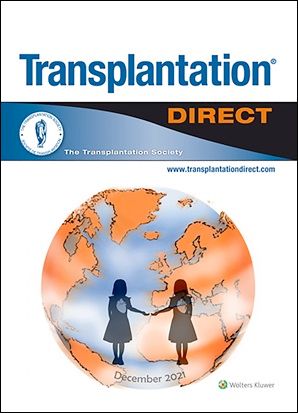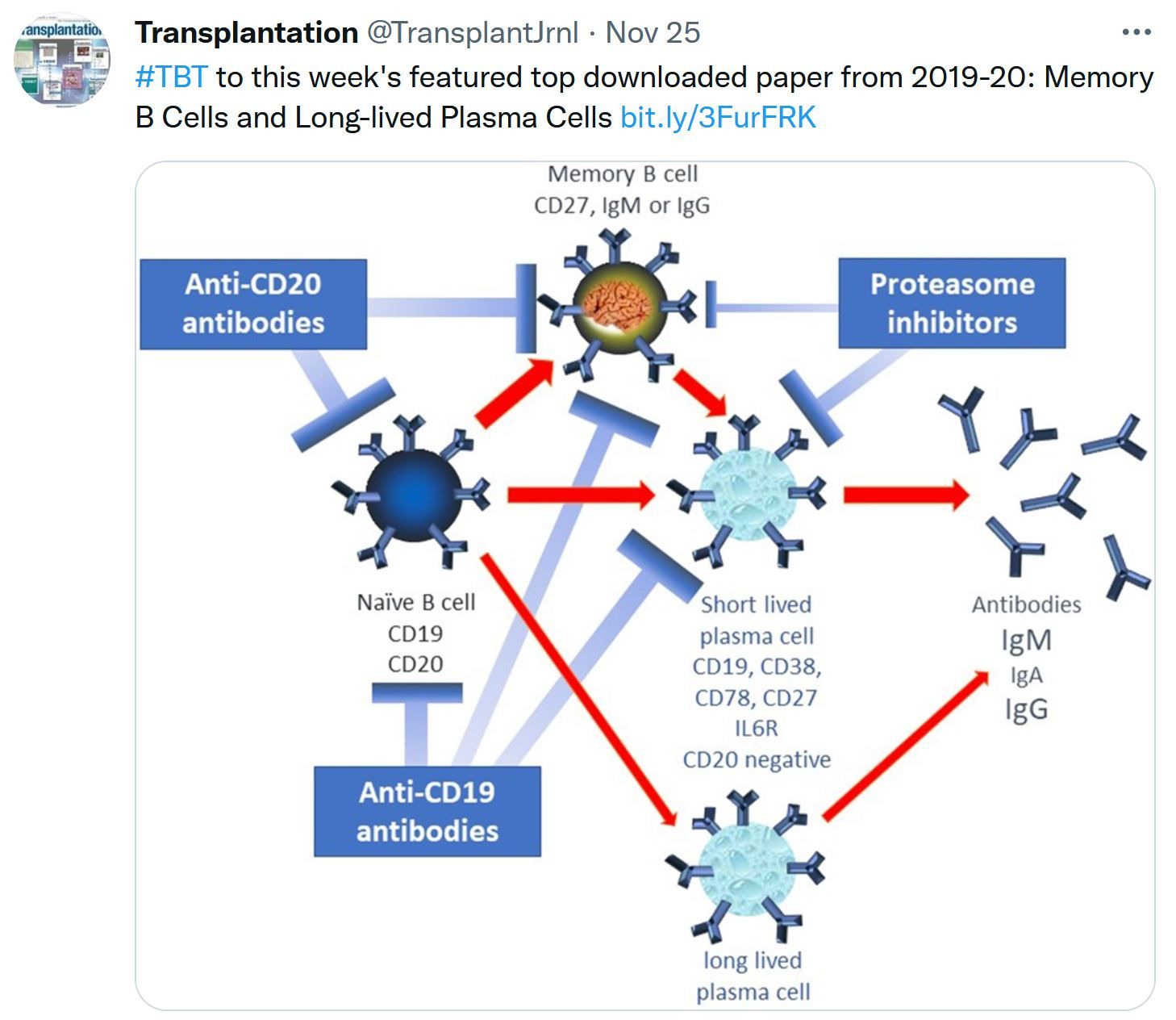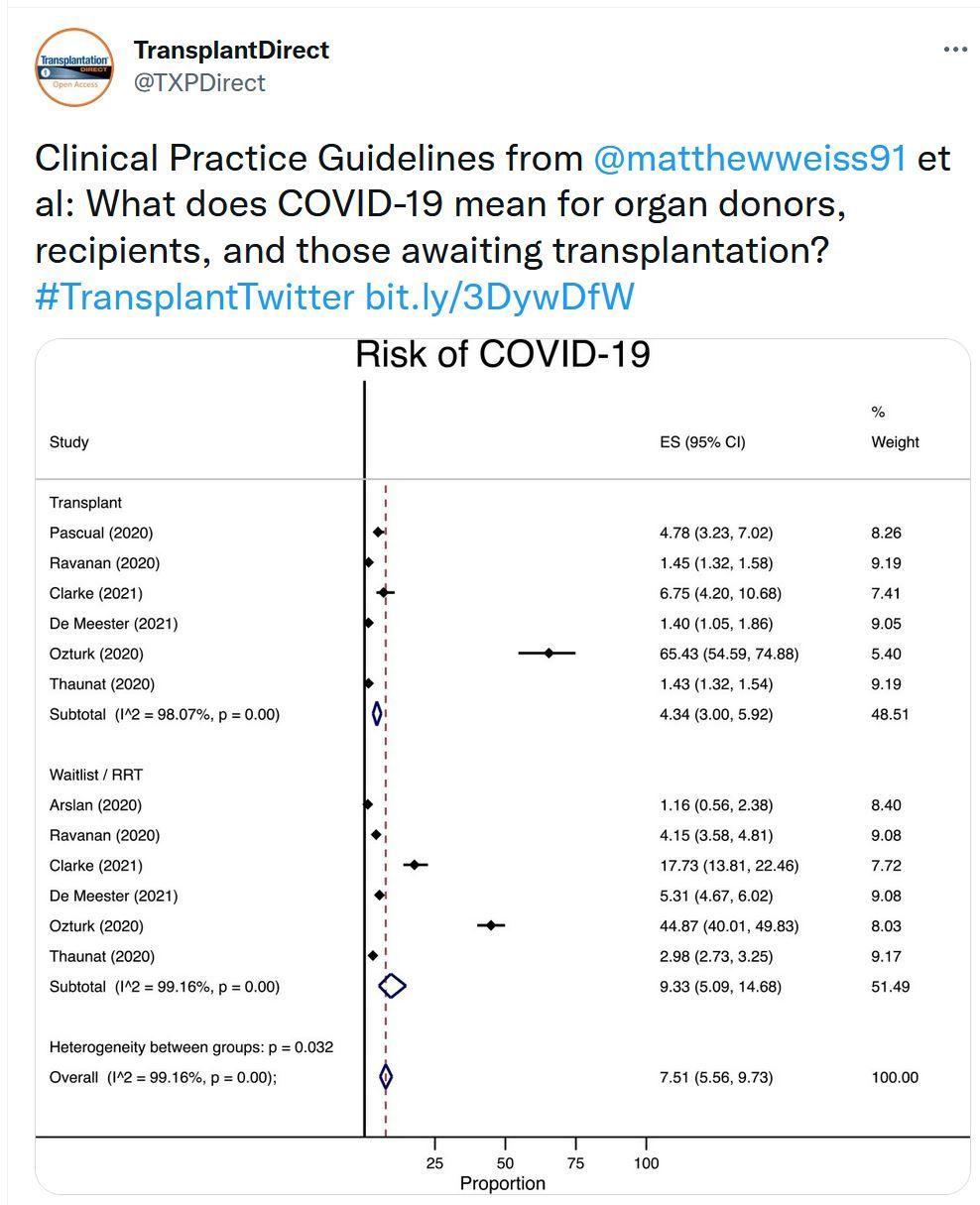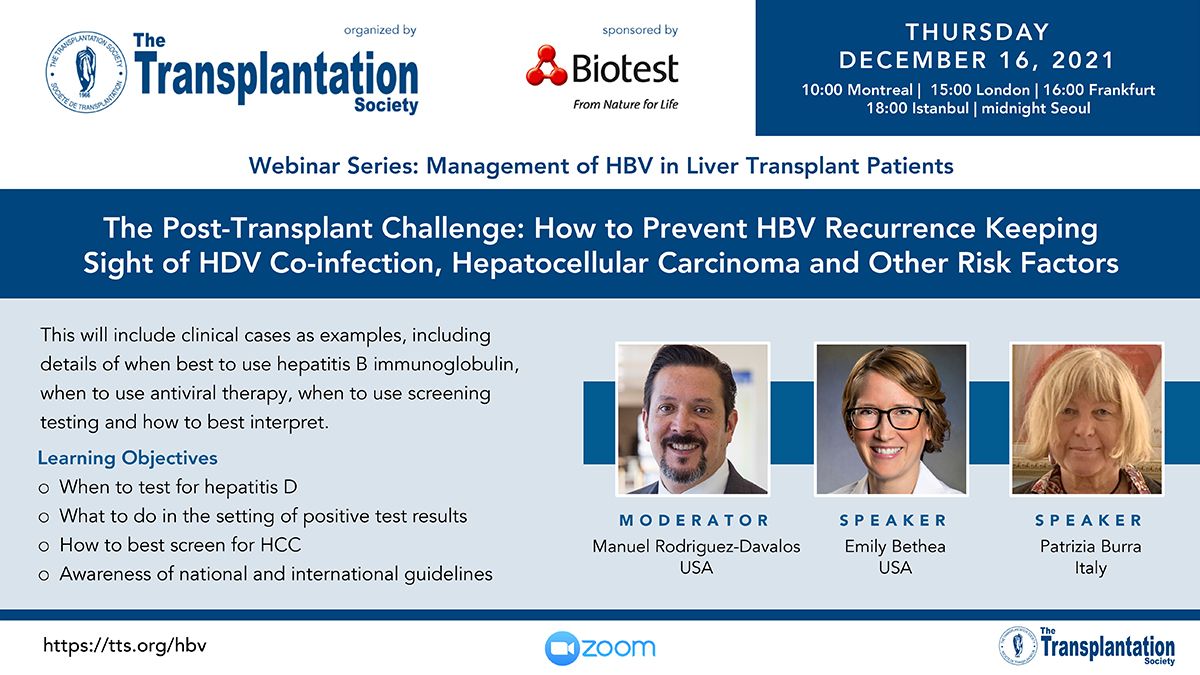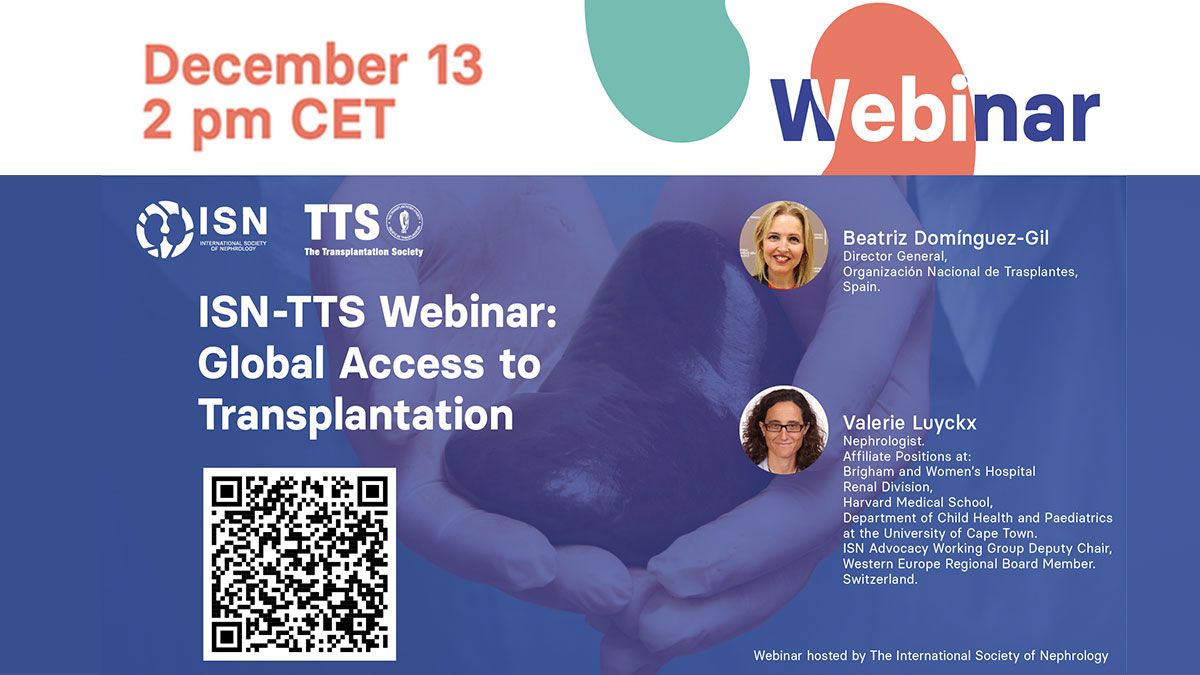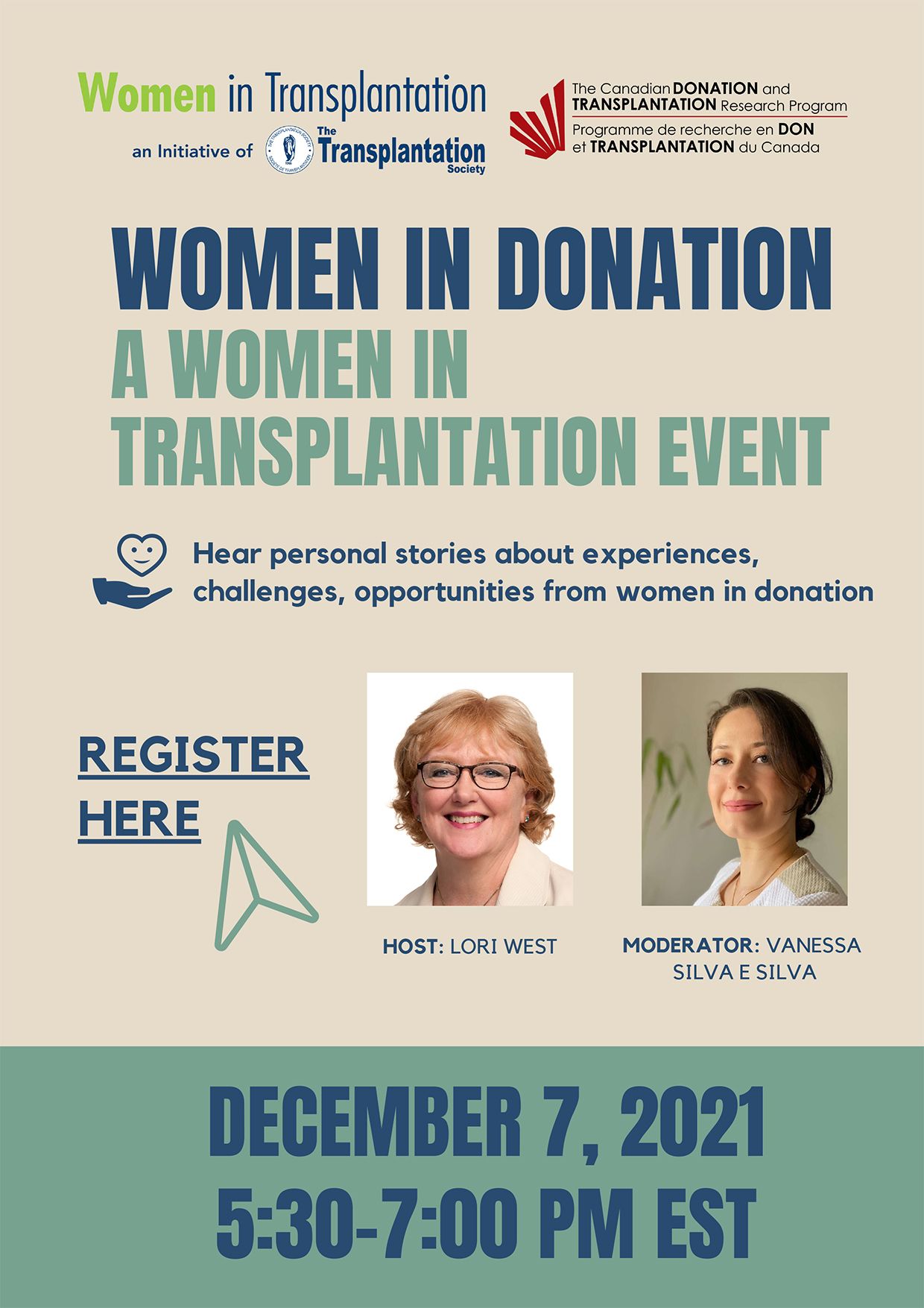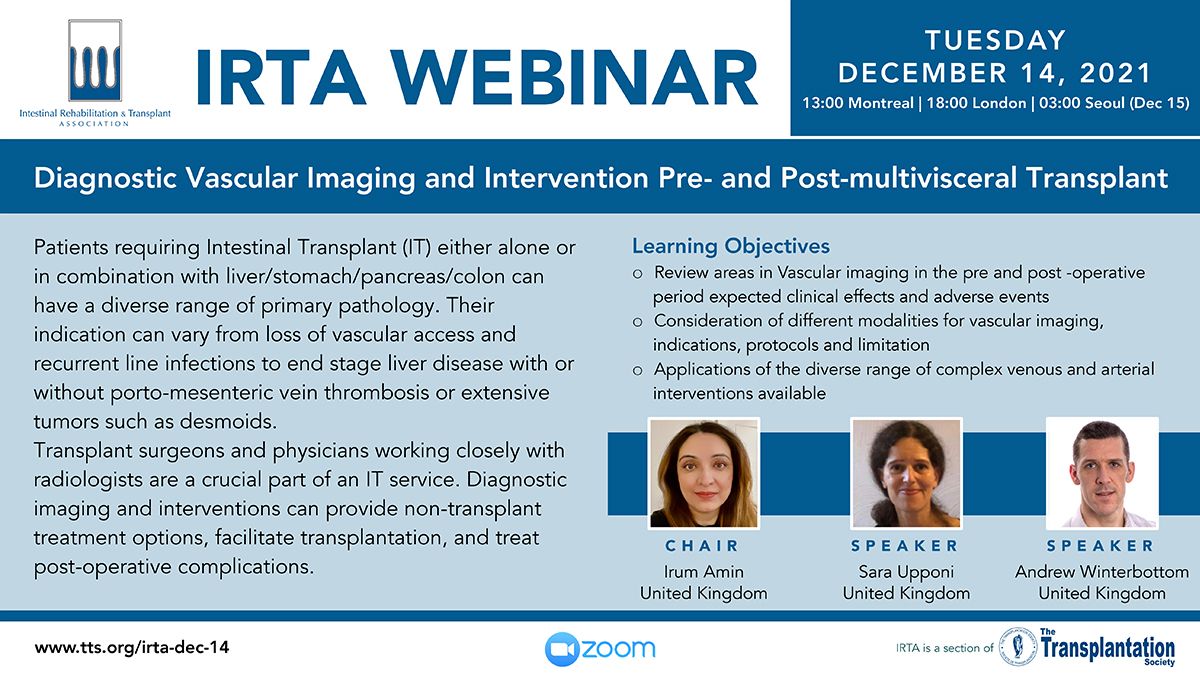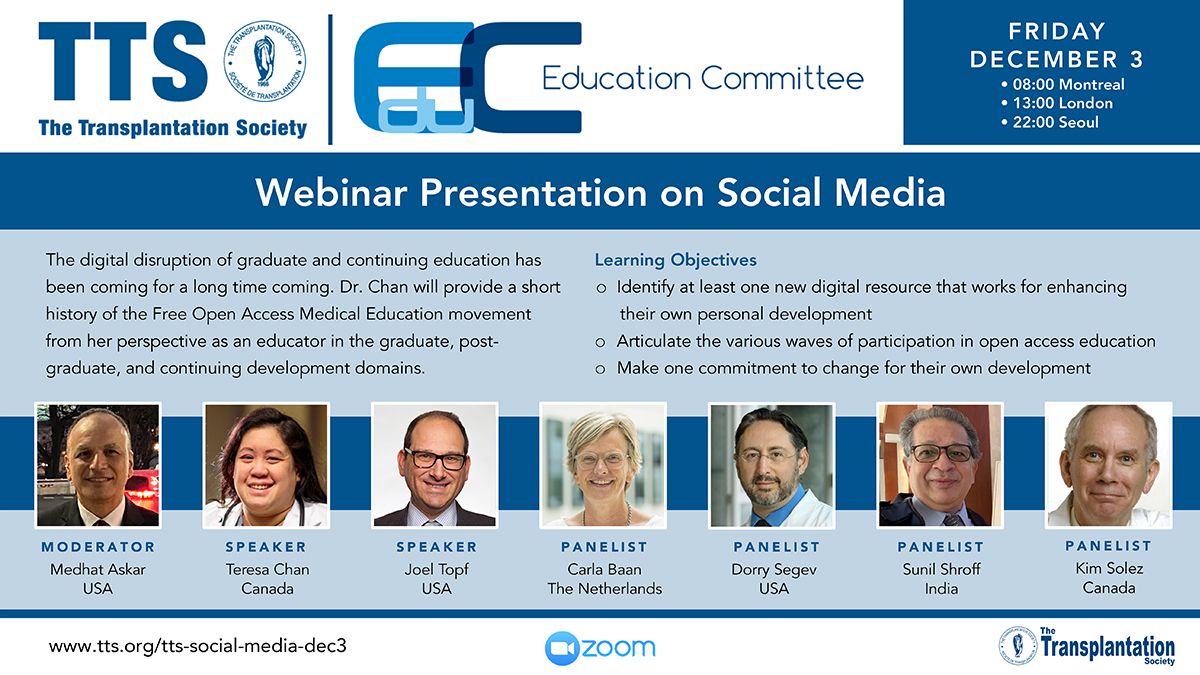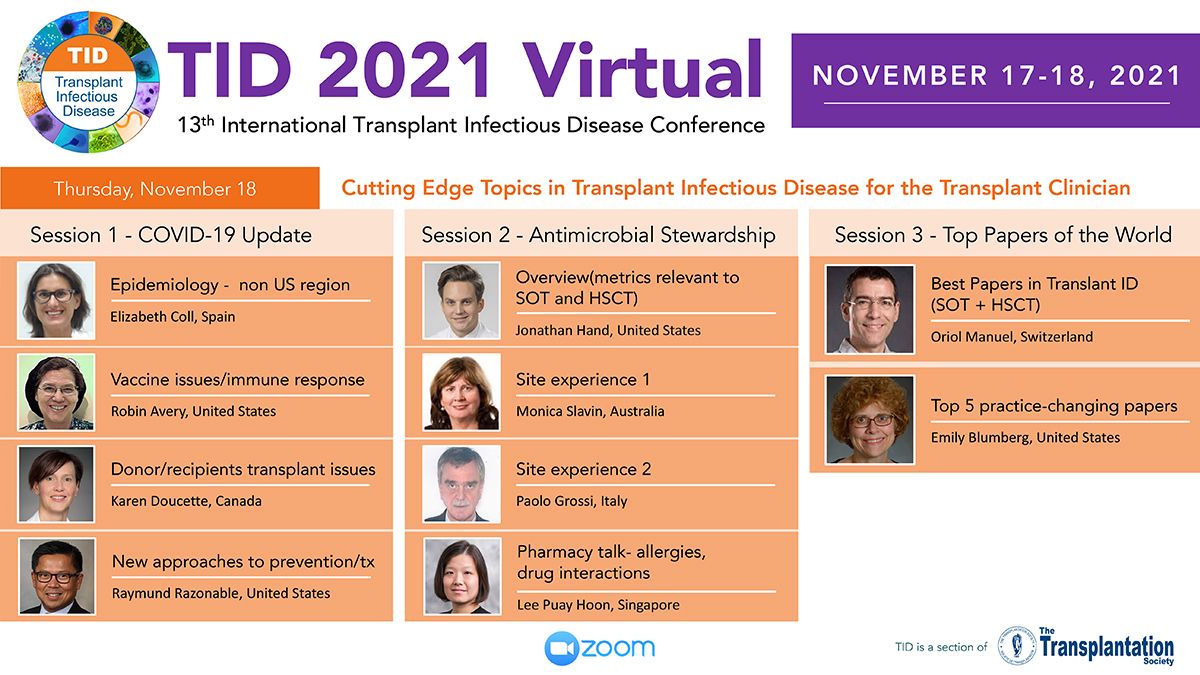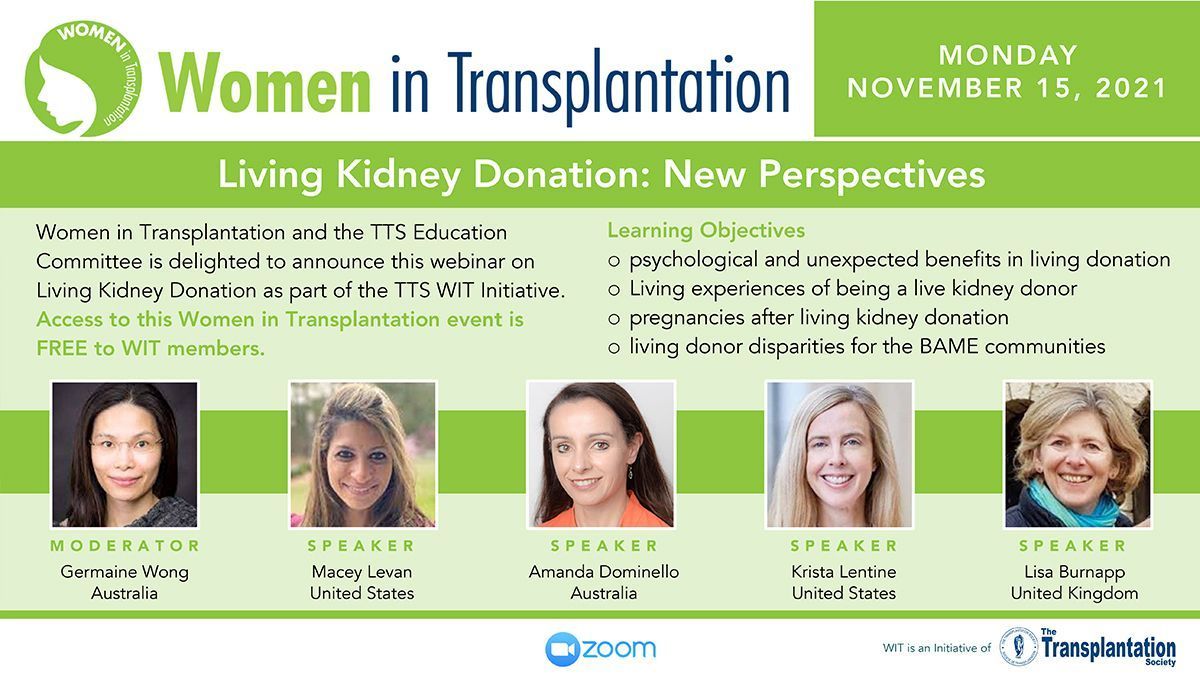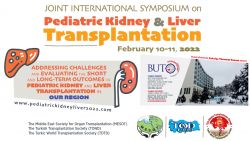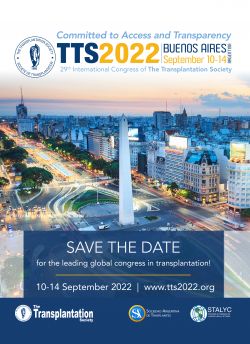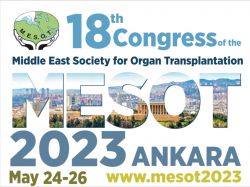

Transplantation Direct - December 2021 Issue
JUST RELEASED - TRANSPLANTATION DIRECT - DECEMBER ISSUE
Transplantation Direct has published the December issue, which covers various topics in transplantation. For those interested in kidney transplantation, we have articles on CXCL13 as a biomarker of germinal cell - DSA - activity, the dynamics of immune responses in dialysis and transplant recipients, U.S. obesity trends (by region) in end-stage kidney disease patients, and an extraordinary case of a type 1 diabetes patient living long term into their 8th decade after transplantation without diabetic kidney disease. In pediatric kidney transplantation, urinary biomarkers of allograft injury are proposed. We also have a report on the occurrence of orthostatic hypertension following simultaneous kidney pancreas versus kidney alone transplantation. In liver transplantation, metabolic biomarkers for NAFLD are proposed, experience with transplantation in patients with acute on chronic liver failure is reported, and the value of dual lactate clearance measurements in DCD livers during normothermic machine perfusion is demonstrated. For the heart transplant community, health-related quality-of-life is assessed between older patients awaiting transplantation with or without mechanical circulatory support and caregivers. In other transplantation studies we there is an article on recognizing cases of demodex folliculitis in stem cell transplant patients. With COVID-19 still weighing heavily on our minds, there is also a report on discordance in cellular vs humoral responses following vaccination in kidney and liver transplant recipients. For full details of this issue, visit our open access Transplantation Direct website.
Webinar Spotlight - December 16, 2021 - Open to all transplant professionals
ISN-TTS Webinar - December 13
- To understand the global transplant needs and the current access of patients to transplantation
- To identify factors that may impact the development of deceased donor transplantation
- To describe strategies that can contribute to increasing the availability of organs from deceased donors
The WHO has called countries to pursue self-sufficiency in transplantation by decreasing the burden of diseases treatable with transplantation and by increasing the availability of organs, with priority given to maximizing deceased donation and ensuring the protection of living donors. Depending on the level of human development, health priorities in transplantation may range from protecting the resident population from exploitation to developing deceased donation to its maximum therapeutic potential. The fundamental pillar of deceased donation is the organization of a multidisciplinary process of high complexity to ensure the systematic identification of individuals who die or about to die in conditions consistent with organ donation and their transition to actual donors. The engagement of the critical care community, the creation of a donor coordination network, efforts in professional training and continuous evaluation of performance are key elements of a successful deceased donor program. The progressive decline in the incidence of brain death, the changing profile of potential donors and the emergence of new end-of-life care practices make mandatory the search for novel strategies to further increase organ availability from the deceased: i) the transplantation of organs from expanded criteria and non-standard risk donors; ii) the routine consideration of intensive care to facilitate organ donation; iii) the promotion of donation after the circulatory determination of death. In situ and ex-situ preservation measures will help to improve post-transplant outcomes in these new challenging scenarios. With such a comprehensive approach, not only patients will gain better access to transplantation, but many other dying patients will be given the opportunity to donate their organs if this is consistent with their principles and values.
Women in Transplantation News and Upcoming Event
With the support of Industry Partners, WIT will provide funding to support research to early career researchers that contributes to the the Grant Recipient's understanding of the impact of sex and gender issues in solid organ transplantation and immunology. The spectrum of studies includes epidemiological, basic, clinical and translational.
Please go to www.tts-wit.org/2022_fellowship_grant or email Katie Tait, TTS Special Initiative Manager at katie.tait@tts.org for more information.
Letters of Intent Deadline: February 1, 2022
Application Deadline: April 1, 2022.
Supporting Partners
Women in Donation Event
Women in Transplantation (WIT) programming and events have covered many critical issues over the last decade, including a focus on gender in careers in transplantation.
Latest Video Additions
New Members Added in November 2021
Contact
Address
The Transplantation Society
International Headquarters
740 Notre-Dame Ouest
Suite 1245
Montréal, QC, H3C 3X6
Canada
Используйте Вавада казино для игры с бонусом — активируйте промокод и начните выигрывать уже сегодня!

